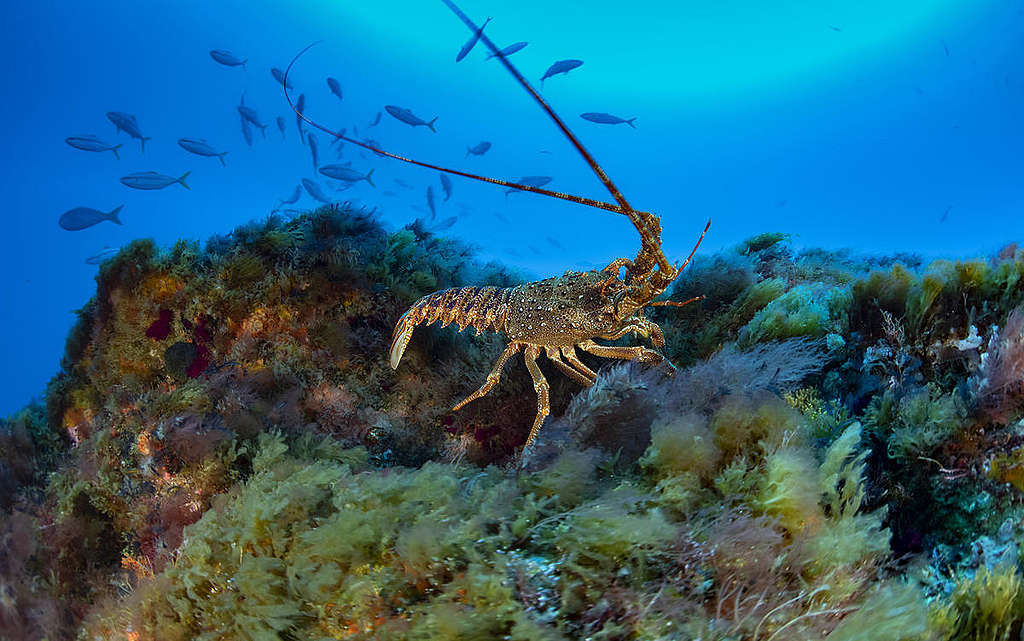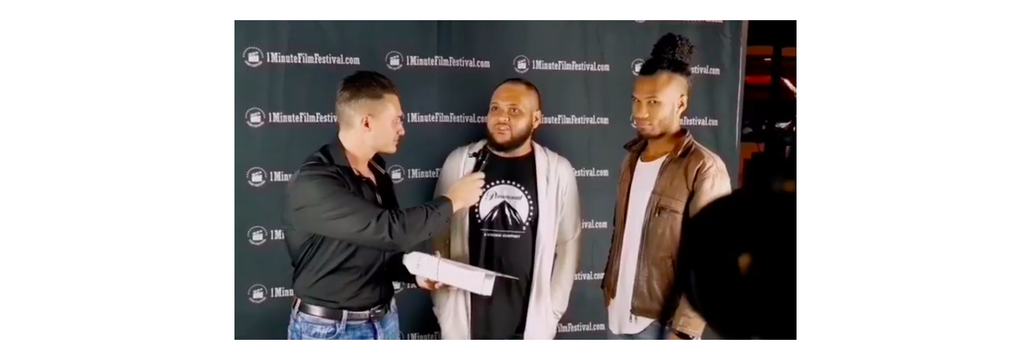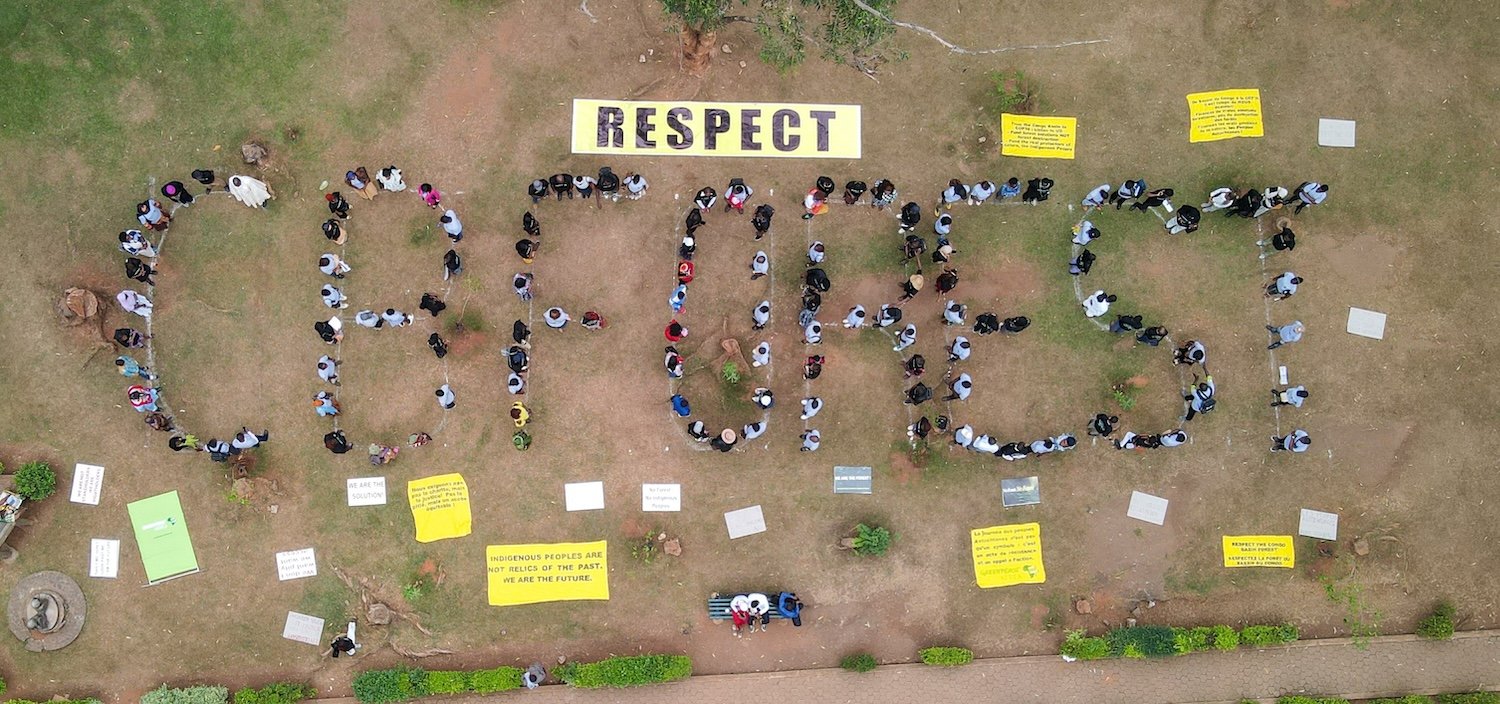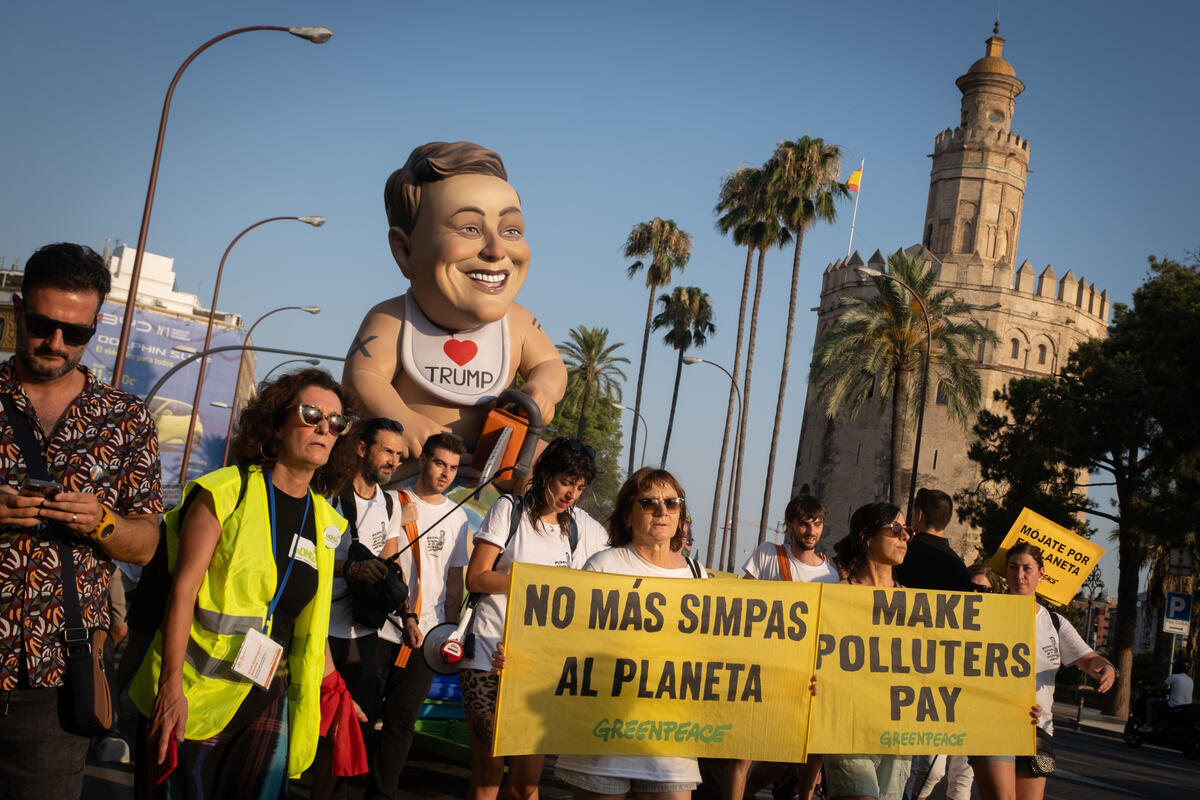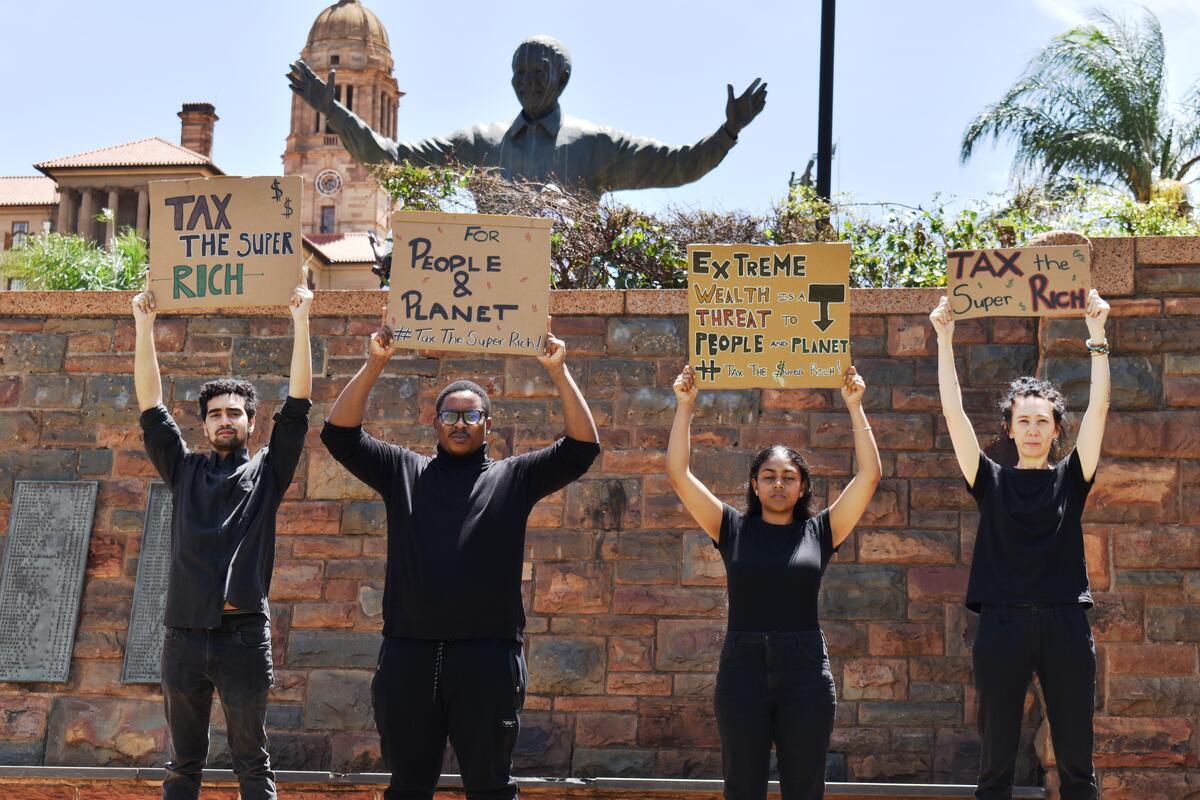Harmful industrial fishing companies continue to destroy and deplete South Africa’s marine resources while fishing communities like the one in Kalk Bay, Cape Town are battling for fishing permits that will protect their livelihoods.
Greenpeace Africa’s documentary GUTTED: THE FIGHT OF KALK BAY FISHERS focuses on stories from communities on the frontlines. The short film recently won the best documentary at the Kaduna Film Festival in Nigeria and is selected for Jozi Film Fest in Johannesburg. It explores how laws favouring the industrialisation of fishing in South Africa have not only changed the socioeconomic situation of these communities but also the once vibrant and community-centric culture.
We sat down with Angelo Louw (AL), Greenpeace Africa’s Digital Mobilisation Officer and Plastics Lead, and filmmaker Malcolm Rainers (MR) to talk about their process and passion to make sure stories and voices like these are centered in the fight for environmental justice.
How did you two meet and how did the idea behind the film come about?
AL: It’s actually a funny story, I had spent months following the issue.
One day, while pleading to have these stories told to a production company (because we really didn’t have a budget for this) the owner house suggested I speak to Malcolm Rainers because they thought his work was amazing. So I looked up Malcolm on Facebook, slid into his DMs, and (thank God!) he agreed to the project and we started shooting a week later.
MR: I remember getting the call from Angelo whilst driving home one evening. I wouldn’t usually gravitate toward environmental justice-based projects, nor do I have a specific connection to Kalk Bay or the fishing community. But when I heard the stories of the injustices the community was facing, it was enough for me to get on board the project.

Can you tell us a bit about the process? How did you connect with the community?
MR: GUTTED, in a way, ended up telling its own story. Kalk Bay spoke in a way a human never could. The more time you spend in Kalk Bay, the more you feel its history and the more its culture wraps its arms around you.
AL: Our volunteers are from the community. This made it a lot easier for us to reach and connect to the community and even enter their homes. The volunteers knew exactly who to speak to and who would speak to us.
It was also very important that the experts we interviewed were from the community.
I understood something about this community that many filmmakers would not necessarily see. Like many Kalk Bay residents we interviewed, I am a Coloured South African. I remember saying to Malcolm when we started I wanted him to capture the bursts of colour throughout the community. Despite facing many hardships, we remain vibrant and tenacious.
What surprised you the most while making this film?
MR: How much history is laid out there in that one square kilometre. On one of my visits to Kalk Bay, I found a board showing the history of the fishers. All the things that the community spoke about were documented right there in pictures: the hundreds of fish that they’d catch daily, how many fishers there used to be.
AL: For me, it was the realisation that South Africa’s democracy did not necessarily improve the lives of all South Africans, particularly people of colour, as one would have expected. Our democratic regime actually pushed this community further into the periphery. People are always surprised by the fast deterioration of the Cape Flats. But, when you turn the age-old traditions of a community into a crime by making it illegal to fish without licenses, you introduce all of these other criminal elements into society.
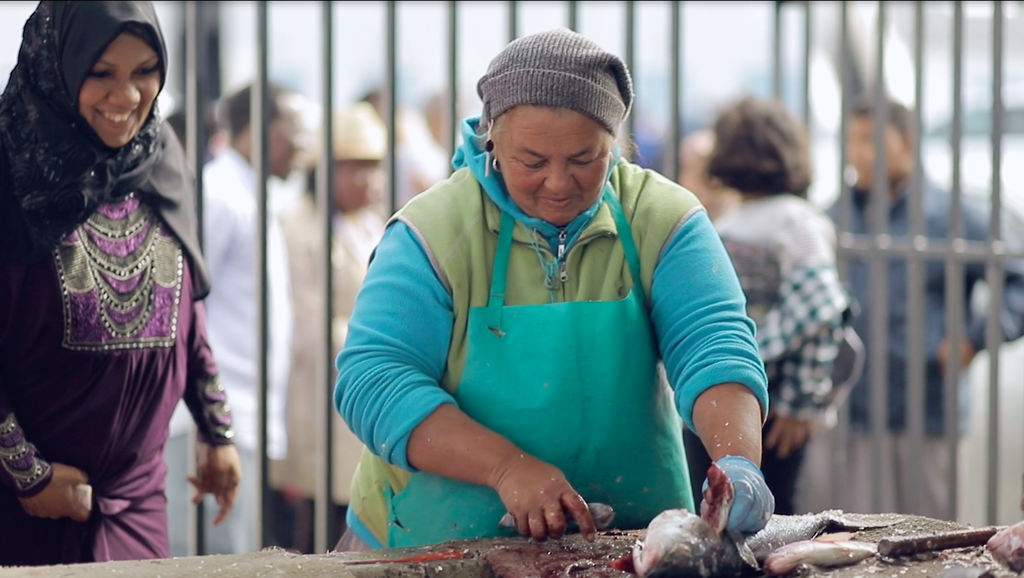
What would you say was the most challenging part?
MR: Perhaps the most challenging part was me constantly wondering if my artistic choices would do the story justice. The more I worked on it, the more I realised how big the story was.
AL: Honestly, Malcolm made producing this documentary a breeze for me. The hardest part was finding him!
Do you have any updates, messages from the community? (How has COVID-19 affected their lives?)
AL: It’s ironic that when the pandemic hit South Africa this community was suddenly prioritised as essential to the country’s food security. Prior to COVID-19 the community had been forced into the margins of society, struggling to gain fishing licenses. It’s clear that all that is really standing in the way of local fishers gaining their birthright is the will of the South African government.
Since its release, the documentary has sparked a conversation internationally. It’s been selected for film festivals around the world from New York to Nigeria, and VICE News picked up the story and commissioned its own documentary. This is great! The more people who become aware of the situation, the more pressure we can put on the South African government to rectify the situation. Just a few weeks ago, the minister in charge of fisheries, Barbara Creecy, announced that they were hoping to speed up the process in the coming months.
For those reading this interview, what message would you like to pass on?
AL: We don’t always feel like our stories are worth telling, we don’t think that they will inspire any kind of change, but if we wait for someone else to change the world then who is going to do it?
MR: I agree. You can never tell the impact your efforts are going to have unless you try. We had no idea how far this story would travel when we started filming.
When we work together we can change the world. Watch and share GUTTED and sign the petition to protect the oceans.
You can follow Malcolm Rainers via Facebook, Instagram or YouTube.
Angelo Louw on Twitter, Instagram or LinkedIn.
